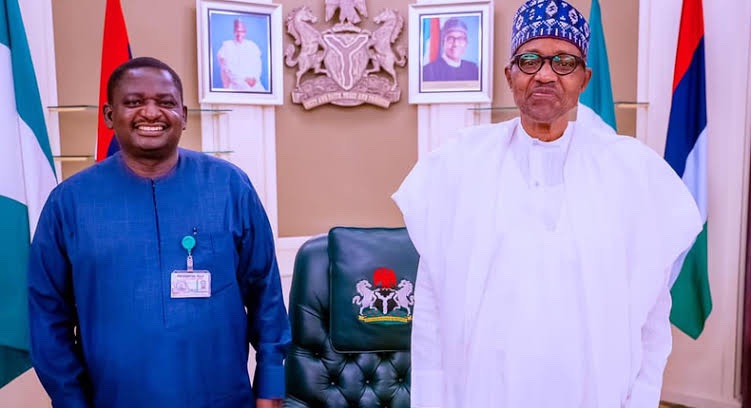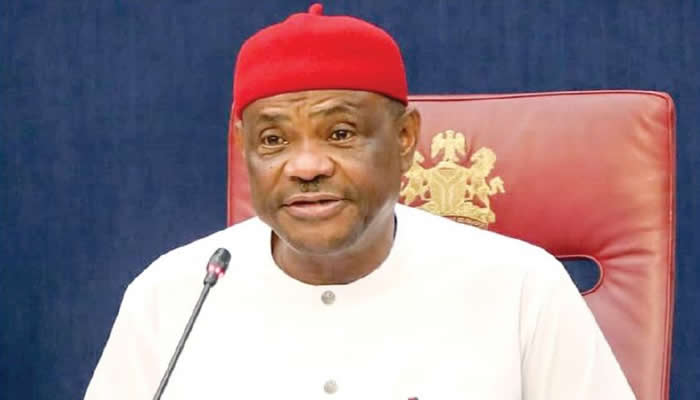
BREAKING: Buhari Had No Home in London, Relied on Friends for Bills – Femi Adesina Reveals

In a revelation that has stirred both admiration and curiosity, former presidential spokesperson Femi Adesina has disclosed that the late President Muhammadu Buhari never owned a home in London, despite spending considerable time there for medical treatment. Instead, Buhari reportedly relied on the goodwill of friends to cover his accommodation and personal expenses during his stays in the United Kingdom.
Adesina made the stunning disclosure in a newly published memoir and reflective article titled “Buhari: I Feel Freer When I Have Nothing,” released in the wake of the former president’s passing. According to Adesina, Buhari made this known during an interaction with King Charles III, who once asked if he had any personal residence in London. Buhari’s reply, as recalled by Adesina, was direct:
"He asked me whether I have a house here. I said ‘No’. I don’t have a single property outside Nigeria.”
For a man who served twice as Head of State—first as a military ruler (1983–1985) and later as a democratically elected president (2015–2023)—Buhari’s minimalist lifestyle has now become a defining footnote in his legacy.
“He was content with little,” Adesina wrote. “Even at the peak of power, he didn’t chase personal luxury. He didn’t own a home abroad, didn’t live extravagantly. He was hosted by friends in London, and sometimes relied on their help to settle bills.”
The former spokesperson emphasized that Buhari’s decision to receive medical care in the UK was not about opulence, but necessity and continuity of care, given the long-standing relationship he had with doctors there. Adesina added that Buhari himself once admitted he might not have survived if he had stayed back to use the Nigerian health system.
Critics have long pointed to Buhari’s foreign medical trips as hypocritical, given his administration’s repeated calls to improve local healthcare. Yet, Adesina argues that the issue should be viewed differently: “This was not about a man snubbing Nigeria, but about trusting doctors who knew his full history.”
The revelation has reignited debate about public servants, integrity, and foreign dependency. Supporters hail Buhari’s refusal to acquire property abroad as a sign of rare financial discipline in a system plagued by greed. His defenders say that even in death, Buhari remains an outlier in Nigerian leadership—unconcerned with luxury, focused instead on what he believed to be national service.
But skeptics are questioning the morality of relying on friends to cover bills while in office, especially when such visits were publicly funded. “If you’re the president of a nation and you can’t afford to pay your bills abroad without friends helping you, that raises other ethical questions,” one commentator noted online.
Regardless of where the public falls on the matter, Adesina’s remarks have added a deeply personal and reflective tone to the late president’s legacy. In a nation where leaders often leave office with scandalous wealth and offshore mansions, Buhari’s frugality—however controversial—has now become a central talking point in the story of his life.
As Nigeria continues its week of mourning, tributes and revelations like this are painting a more complete picture of the man who shaped nearly a decade of the country’s political journey.
Stay connected to Busterblog.com for more intimate details, political analysis, and exclusive insights into the legacy of Muhammadu Buhari.


